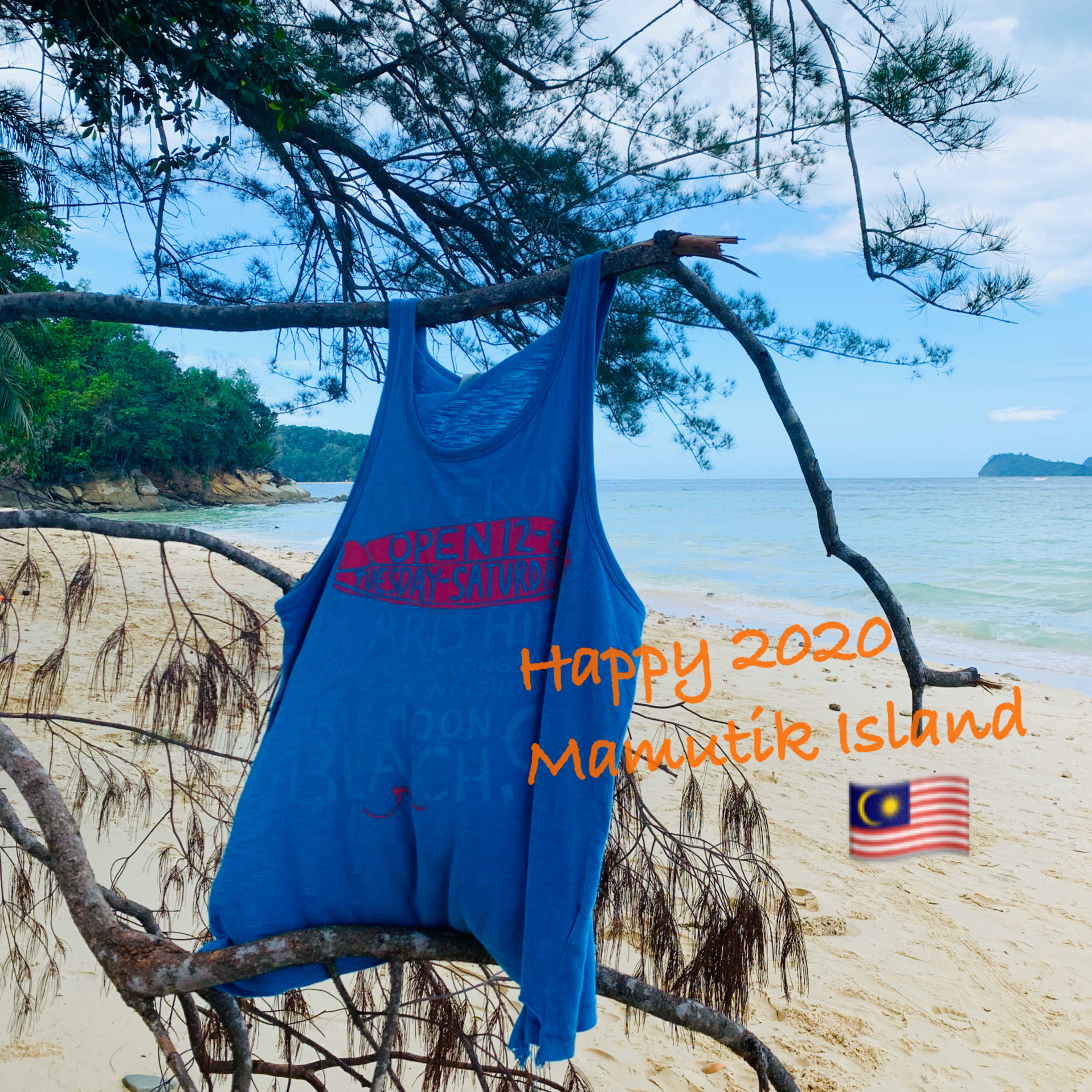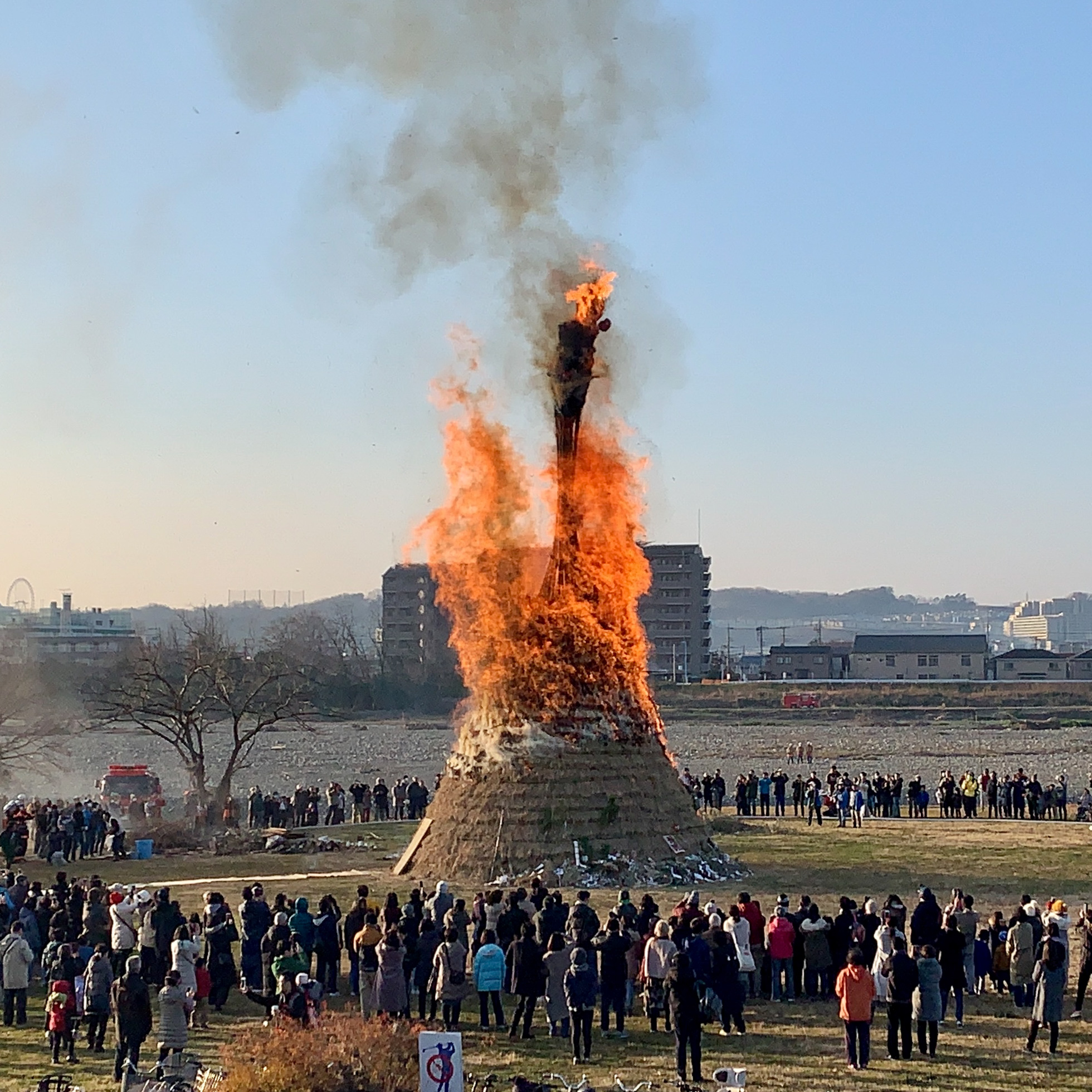
New Year at KK
2020.01.09
It was December 27 of last year when I finally had time to sit down and think where I should spend my last day of the year to welcome 2020. Having celebrated the New Year in different fashions in various countries like Japan, the US, Cambodia, Canada, and Taiwan, I decided to visit somewhere new this time and Kota Kinabalu (aka KK) came out on top of the list.
KK, with a population of over 600,000, is the capital city of Malaysia’s Sabah state on Borneo, the third largest island in the entire world. As soon I landed in KK and was welcomed by some warm breeze of 32 degrees under a blue sky, I found it difficult to adjust to the tropical weather and an instant 25 degree increase from freezing cold Tokyo. Not knowing much about KK in advance, it was surely an adventurous yet fun experience to explore the city on foot.
Some interesting facts I discovered during my 3-day stay:
- People of Chinese descent occupy 1/4 of the total population and is the most influential group in the local society in terms of economy and cuisine.
- The biggest source of foreign visitors is Korea.
- Chinese (rather than English) helps you communicate better with the locals.
- Christmas is celebrated even after December 25 and until the New Year is over.
- Muslims celebrate the New Year peacefully and quietly. There is a countdown party with live music, but no cheers from the crowd and no alcohol is involved.
- The awareness of global warming and “eco” is still very limited. Plastic products are being used heavily in daily living.
- KK is safer than other South East Asian cities with friendly people and low crime rate.
- Things are so cheap there that you can enjoy KK like a king with a few hundred dollars in your pocket.
If you fancy an exotic way to celebrate the New Year on a remote island like me or at the UNESCO World Heritage site of nature-filled Kinabalu Park, KK is highly recommended!
Daniel Liu






